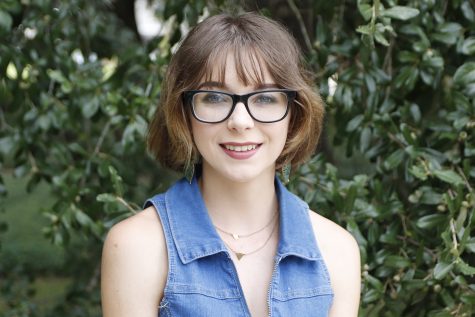
Transforming Youth Recovery awarded a $1,000 grant to the University Counseling Center to aid in recovery from substance abuse disorders and other addictive behaviors.
“The UCC applied for this grant May of 2017,” said Assistant Director of Programming and Outreach UCC Annette Newton-Baldwin. “We found out about the opportunity to apply for a collegiate recovery grant through one of our treatment providers.”
Newton-Baldwin hopes to allow students to drive the direction of recovery on campus.
“We are hoping to utilize the money to recruit students in recovery that are already here on campus,” said Newton-Baldwin. “Our students in recovery can then help guide the process of developing programming and our campus culture.”
Newton-Baldwin explained that the program needs to be flexible as time changes.
“The addiction field is always changing,” said Newton-Baldwin. “So, we will be staying vigilant of changes as well as continue our relationship with quality treatment referrals.”
According to Newton-Baldwin, recovery does not work like a medicinal cure.
“A simple definition is not just about abstaining from addictive behaviors, alcohol and, or drugs,” said Newton-Baldwin. “Recovery can also be seen as embracing a positive view of wellness and personal growth. In general, we look at recovery as a process not a cure, and which requires ongoing support and effort to sustain.”
Newton-Baldwin described recovery programs on college campuses as being multi-faceted.
“Collegiate Recovery programs tend to offer students advocacy services, space to meet and campus programs that naturally support recovery,” said Newton-Baldwin. “Some of the larger, long standing collegiate recovery schools offer recovery housing, and students in recovery have their own space on campus.”
Newton-Baldwin hopes the university can offer an accepting atmosphere for individuals after they receive treatment for addiction.
“We know that we have students that come to Southeastern post-treatment, and we want to support those students,” said Newton-Baldwin. “We also want to provide an environment that if a student needs to leave to attend a treatment program, that they know coming back they will have a community here that supports them.”
Newton-Baldwin cited similar programs in other areas as beneficial.
“We know that doctors and nurses who attend and complete treatment are supported by their licensing board for about five years post treatment,” said Newton-Baldwin. “Wouldn’t it be awesome to provide a similar support for those students while they are engaged in their academic career? This is a way to provide continued support for those students who may have had leave for a semester to receive substance abuse treatment.”


